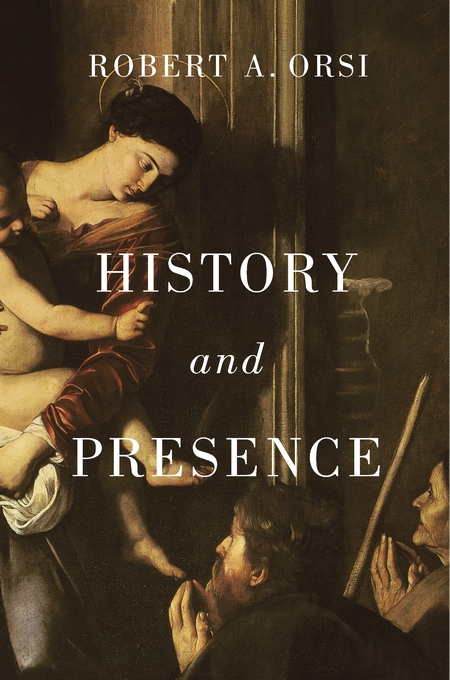Politicized religion seems to have a new enemy: Moral relativism is denounced by believers of all stripes as a threat for contemporary societies, and, in particular, for contemporary democracies. A recent poll conducted among evangelical pastors in the United States found that after “abortion,” “moral relativism” was indicated by most respondents as “the most pressing issue faced by America today.” For anybody familiar with the language used in contemporary evangelical churches in the United States, this is unlikely to come as a surprise. In the sermons preached in many of these churches, relativism is routinely treated—along with liberalism and secularism—as part of a sort of “unholy trinity” that is supposed to be corroding the moral foundations of contemporary societies. Consider, for instance, the remarks of John Piper, former pastor of Bethlehem Baptist Church in Minneapolis, Minnesota, at the National Ligonier conference in 2007, citing a previous speech by Michael Novak delivered in 1994 upon receiving the Templeton Prize: Relativism is an invisible gas, odorless, deadly, that is now polluting every free society on earth. It is a gas that attacks the central nervous system of moral striving. The most perilous threat to the free society today is, therefore, neither political nor economic. It is the poisonous, corrupting culture of relativism. This discourse cuts across denominational distinctions. In the first speech he gave before the diplomatic corps represented at the Vatican, Pope Francis I referred to what his predecessor had called a “dictatorship of relativism” in explaining his choice of name: “This brings me,” he stated, “to a second reason for my name. Francis of Assisi tells us we should build peace. But there is no peace without truth! There cannot be true peace if everyone is his own criterion, if everyone can always claim his own rights, without at the…
















